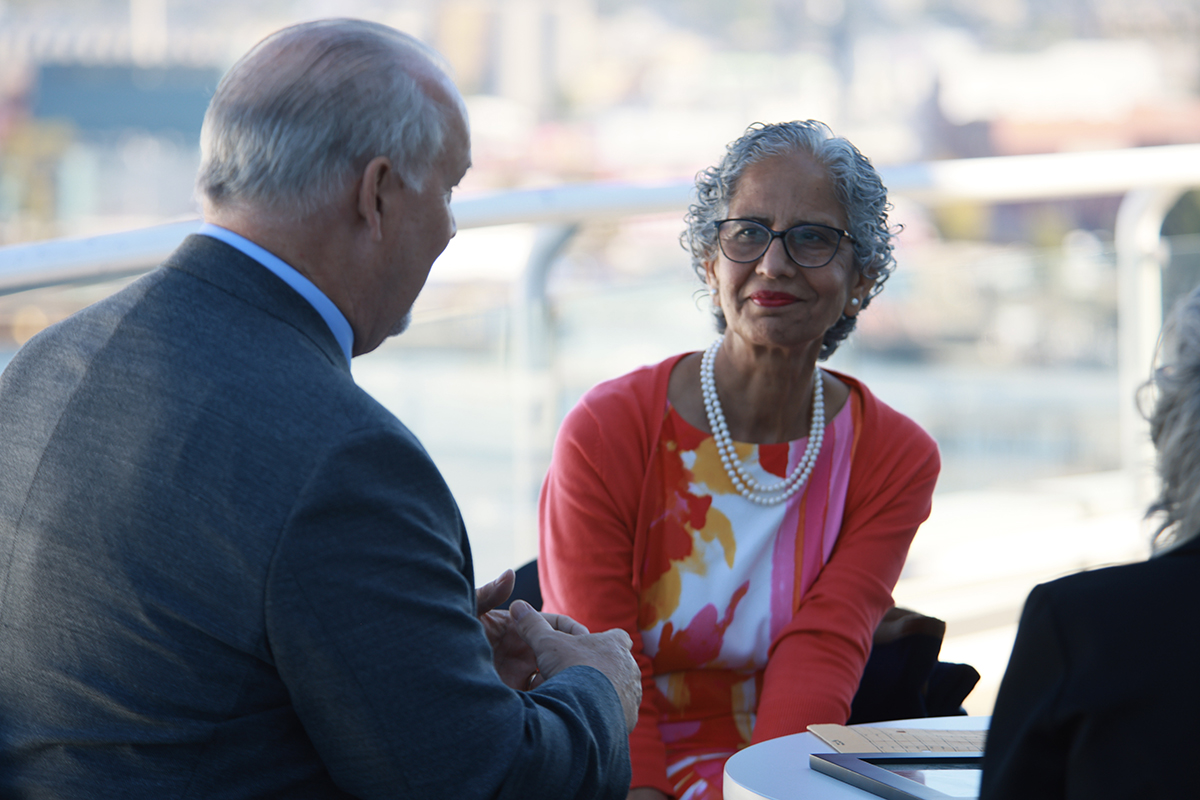UFV’s South Asian Studies Institute receives provincial grant for project intended to right historical wrongs
UFV’s South Asian Studies Institute (SASI) announced Sept. 4 that it has received $1.14 million from the province in order to support the Punjabi Canadian Legacy Project.
Satwinder Kaur Bains, SASI’s director and an associate professor in social cultural media studies at UFV, said that the Legacy Project is just one of SASI’s many efforts to discover, preserve, and share the history of B.C.’s South Asian community.
“We’re doing this work because our record is unclear in the Canadian record,” she said. “It has been erased by design.”
Bains said the funding comes after two and a half years of talk with the provincial government, and is one of many contributions the province has made in recent years toward rectifying its historic treatment of racialized communities.
“There has been a growing recognition, both in the federal government and the provincial government on righting the wrongs of the past,” said Bains. “I think impressing on the government to do this work was challenging, but I wouldn’t say it was difficult … you didn’t need to really sell it, you just needed to explain it. And once the explanation was done, the government worked very hard to accommodate our request.”
Bains explained that for the last 10 years, SASI has been collecting archival materials, oral histories, records, and other historical data in order to bolster their understanding of the South Asian community’s impact and history within B.C. She noted, however, that one of the challenges in doing so is that the official record of events often leaves South Asians — and other minority communities — at the sidelines.
“We know that our contributions are vast and robust, but the history is missing,” said Bains, adding that even when the stories of South Asian contributions are discovered, they are frequently only partial histories. “It’s often disjointed. People have written bits and pieces of it. So in this new work that we’re taking on with the funding, we’re trying to create a more comprehensive view,” she said.
According to Bains, this goal of amending the historical record is also reflected in the institute’s ongoing partnership with the Royal B.C. Museum, which aims to shine a light on historical blind spots.
“We felt that our contributions, our challenges, our successes, didn’t show up in the museum at all,” she said. “So we’ve been working with [the museum] to impact their own understanding and their own reflection of British Columbia.” She also added that SASI is also working on the development of an updated social studies curriculum for B.C. public schools that better takes the contributions of South Asians into account.
Bains said that some of SASI’s other efforts include digital archival of research, historical videos, and a traveling exhibit that can be loaned out to schools, libraries, and similar institutions, among other initiatives.
Bains also said she hopes that the recent funding is only the first step, as she believes that SASI’s work will continue to require support for a long time to come.
“This is the very first stage,” she said. “We hope there’ll be second and third phases because [right now] we are just unearthing the work. But it’s a hundred years worth of work that we now need to collect. It’s not going to get done in a year and a half, or two years.”
Image: UFV Flickr, Bc Premier John Horgan and Satwinder Bains in photograph


